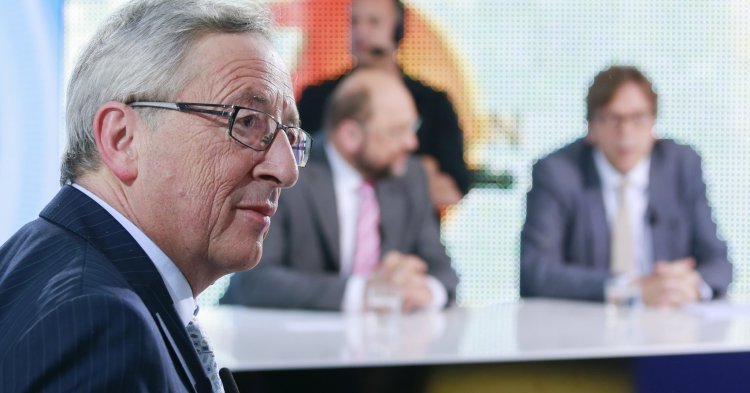The emergence of populist parties and general scepticism towards the European Union is an ever-present topic these days. Nationalist movements, which claim the right of self-government in the face of Brussels’ shortcomings, have been exploiting the absence of a convincing joint response. Among the impositions stemming from the economic situation and the controversial strategy regarding refugees from the war in Syria, populism has been fuelled by (prepare to gasp) popular discontent. The low voter turnout and lack of citizen enthusiasm reveals some dissonance between the project and the pretensions of those it should serve. With that being said, rethinking the relationship between the European Union and its citizens may be decisive to reverse the departure from the public sphere.
It is important to clarify the main concepts of my intervention. By responsiveness, I recall the basic democratic need of governments to answer directly to citizens’ claims. This means that the former is charged with listening, valuing and seeking to satisfy the interests of latter. Responsibility, on the other hand, refers to compliance with established norms and commitments, that is, if the behaviour of a given actor is in accordance with the legal, political and moral norms. This aptness, close to the notion of professionalism, is particularly relevant to gain the trust of external bodies, which assess the seriousness and competence through these manifestations. However, the ability to ensure simultaneous concrete responses to popular demands and central administration is at stake, both at the national and the European level. The executives, deliberately or coercively, have shifted their focus successively to a sphere of responsibility, belittling the quality of representation and further transferring it to the parliamentary domain. By examining the institutional order of the European Union, it is clear that a separation of each scope is fostered: the European Parliament ensures the responsiveness to the public and the European Commission the Union’s responsibilities. So, why is this a problem?
Such a layout reflects a separation between inputs from citizens and the political output. The European Commission is not bound to deal with citizens’ pretensions and the only elected institution has a diminished role in policies and governance. In addition to that, the European Parliament is less powerful than equivalent assemblies, which translates into a relative fragility of representation. In fact, this is one of the reasons for the low turnout in the elections: the citizen does not feel that the parliament is able to assure his demands, and he questions the purpose of his vote. Therefore, responsiveness is a tool that depends on the perception and behavior of both parties: if the institution feels that it has to respond to the electorate and if the public feels that its claims are heard and, more importantly, openly discussed and successfully implemented.
Having said this, I envision two possible outcomes: Increasing the powers conferred to the European Parliament, making it more capable of dealing with popular demands, or, preferably, making the European Commission more responsive to the public, by which I mean, directly electing its president.
Prudence urges us to focus on the first option. The empowerment of the EP would ensure the granting of long-deserved competencies while, simultaneously, relying on an ongoing trend. The institution has been able to acquire new responsibilities – namely going from a consultative body to a preponderant actor in the legislative process – yet, in some decisive domains it keeps its advisory profile. Unfortunately, judging by recent developments, this outcome is possible, but unlikely: during the economic crisis, Member States adopted the fiscal compact, an international treaty immune to the EP’s scrutiny. This complicated legal framework would undermine such efforts, making any power transfers painful and slow.
In my opinion, the growing scepticism requires a faster and more assertive response. Thus, I argue that adding an electoral link between the population and the European Commission may be the most effective method of reversing the mentioned disbelief. The European executive chief, the President of the Commission, is seen as one of the main faces of the project and therefore responsible for it, although many other factors are present in every decision. An elected European Commission would share the responsive burden with the European Parliament, would become directly scrutinised for its political actions and would have superior arguments when forced to negotiate. This election ensures not only the essential mutuality in the perception between institution and citizens, but also increases the former’s legitimacy in acting. In conclusion, by promoting this bond, citizens would be re-engaged in European politics: more interest, participation, commitment and belief, less populism and nationalist rhetoric.

Follow the comments: |
|
